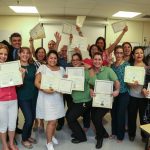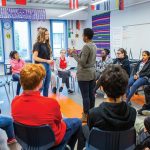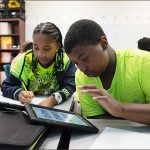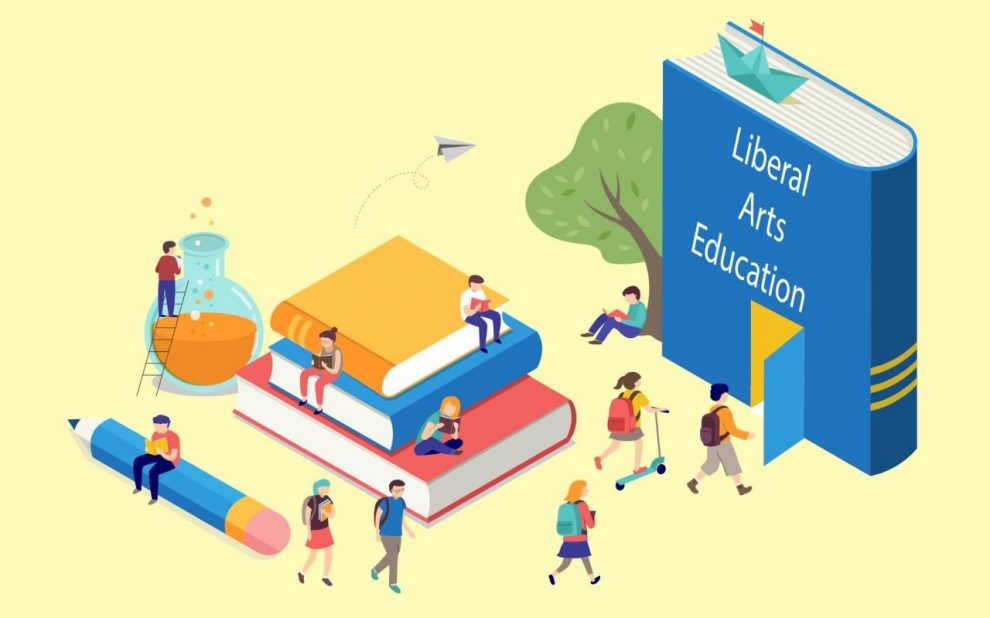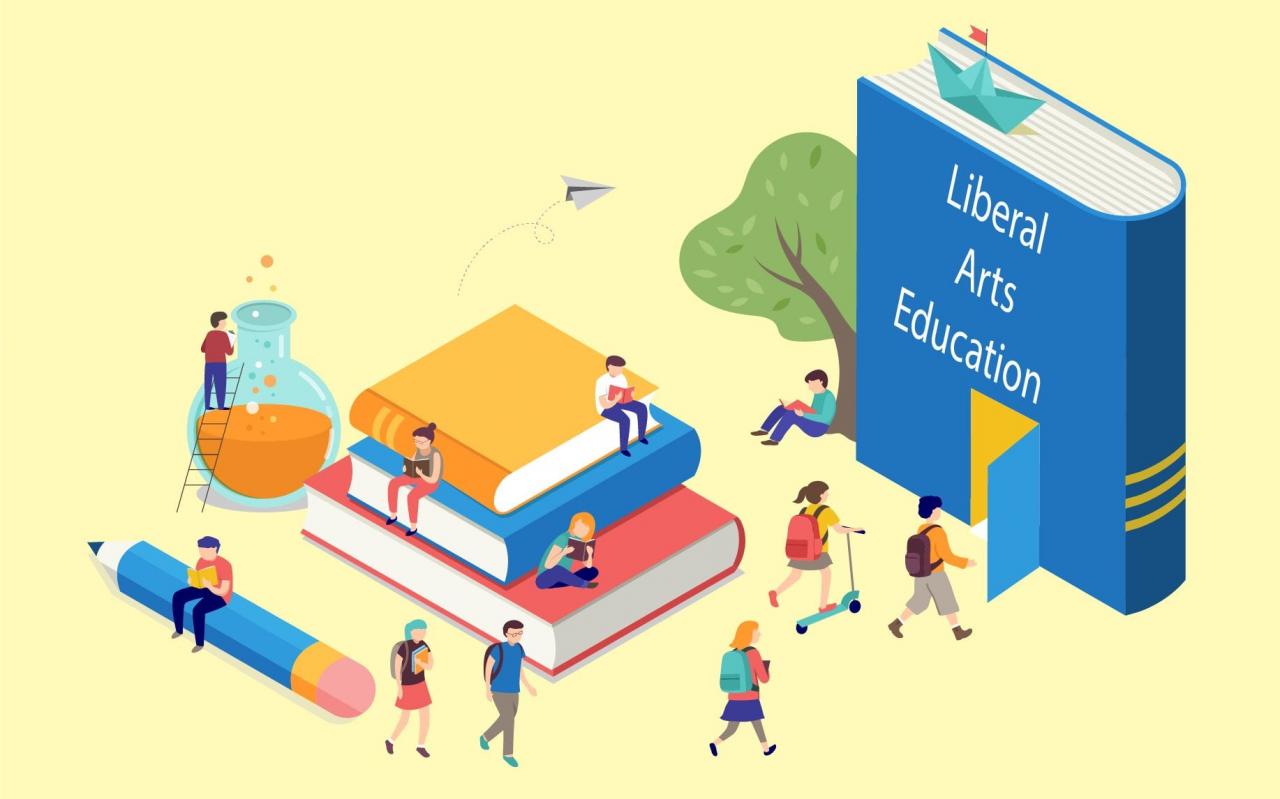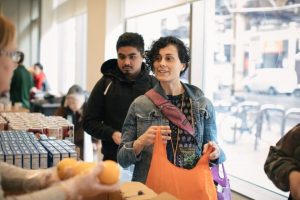In today’s career-focused climate, some question the value of a broad liberal arts education. STEM and vocational fields seem to promise clearer job prospects. However, the critical thinking, adaptability, creativity, and complex problem solving cultivated through interdisciplinary liberal arts development are vital skills sought by employers. The well-rounded foundation, diverse perspectives, and lifelong learning capacity inherent in liberal education produces engaged citizens ready to contribute in a rapidly changing world.
Developing Transferable Skills
Liberal arts studies provide a toolkit of transferable skills applicable across occupations:
- Critical thinking – Analyzing issues from philosophical, literary, scientific, and historical texts develops reasoned evaluation and judgment.
- Complex communication – Writing, speaking, presenting across disciplines flexes adaptation, rhetoric, and persuasion abilities.
- Cultural literacy – Exposure to diverse works of art, literature, and ideas builds intercultural competence and expansive worldviews.
- Ethical reasoning – Wrestling with moral issues through ongoing debate strengthens values and socially responsible leadership.
- Creative problem-solving – Synthesizing broad knowledge fosters innovation, comfort with ambiguity, and visioning solutions from multiple angles.
- Teamwork – Learning across differences in group projects builds listening, compromise, and collaborative conflict resolution.
According to a Harvard study, these flexible skills enable liberal arts graduates to navigate shifting career demands that increasingly value human capacities over technical abilities alone.
Developing Whole-Brain Thinking
Liberal education develops full integrative mental capacities:
- Left-brain skills – Majoring in social sciences, languages, and math builds analytical and verbal reasoning.
- Right-brain skills – The arts, literature, and psychology hone creativity, empathy, and emotional intelligence.
- Mind-body connection – Theater, dance, and athletics develop self-awareness, coordination, and intentional expression.
- Mind-heart connection – Ethics, history, and service learning cultivate conscience, purpose, and community.
This whole-person development equips graduates for full lives beyond the workplace. As Einstein stated, “The value of a liberal arts education is not the learning of many facts but the training of the mind to think something that cannot be learned from textbooks.”
Developing a Well-Rounded Perspective
Immersion across disciplines provides exposure to diverse views needed as society grows more pluralistic:
- Historical context – Courses spanning world history help evaluate current issues with wisdom.
- Global consciousness – Foreign language and international studies build cultural awareness.
- Interconnectedness – Natural and social sciences reveal interdependence in ecosystems and communities.
- Societal engagement – Gender studies, ethics, and political science foster sense of duty, justice, and activism.
- Artistic expression – Dance, film, music, and studio arts teach creativity and the human need for beauty.
- Emotional insight – Literature and psychology offer understanding of diverse experiences and the human condition.
Liberal arts education intentionally fosters the enlightened open-mindedness needed in today’s increasingly diverse and global society.
Developing a Lifelong Learning Mindset
Perhaps above all, liberal education cultivates a passion for lifelong learning by teaching students how to learn:
- Foster curiosity – Exploring a breadth of stimulating topics opens minds to keep discovering.
- Teach how to think – Learning philosophy, logic, and debate strategies enables continued investigation.
- Build reading comprehension – Interpreting dense classical texts develops information processing abilities.
- Strengthen research skills – Writing research papers across subjects hones sorting and synthesizing data.
- Develop self-direction – Navigating interdisciplinary combinations grounds intrinsic motivation.
- Make global connections – Contextualizing current issues historically and culturally nurtures ongoing inquiry.
This self-propelled ability to keep learning allows liberal arts graduates to flexibly evolve throughout decades-long careers and remain engaged citizens.
In conclusion, a broad liberal arts education may not teach concrete vocational skills, but instead cultivates the mental agility, well-rounded perspectives, critical thinking, and problem solving needed to thrive amidst changing societal and workplace demands. These gratifying capacities for intellectual growth, contribution, and lifelong learning are the gifts of liberal education.




